“God Save the King” has never been the loveliest or most melodic of national anthems, and its somewhat chiding, aggressive tenor is brought to the fore early in “The Choral.” Upon delivery of some good news from the front in the grim midst of the First World War, an English village choir’s lusty, spontaneous rendition of the song disrupts their rather shabbier rehearsal of Edward Elgar’s complex, haunting oratorio “The Dream of Gerontius,” prompting refined choirmaster Dr. Henry Guthrie (Ralph Fiennes) to roll his eyes to the back of his head. “If only you sang Elgar with the confidence you sing the national anthem,” he mutters. Art counts for a lot more than patriotism to Guthrie, and the happy surprise of Nicholas Hytner‘s film — despite its twee, veddy English trappings — is that it largely takes his side.
Perhaps that’s not such a surprise. “The Choral” is, after all, the first original screenplay in over 40 years by Alan Bennett, a 91-year-old national treasure whose place in the British cultural firmament has never been tidily defined: A queer, agnostic, working-class Northerner, he’s a staunch royalist who declined a knighthood, and whose politics have traveled along a spectrum he once described as “conservative socialism.” Many of those contrasts and conflicts are present in “The Choral” — some for better, some for worse, but quite interestingly in all cases — even if Hytner, the director who previously filmed Bennett’s scripts for “The Madness of King George,” “The History Boys” and “The Lady in the Van,” gives the overall package a deceptively buttery gloss of tea-and-crumpets nostalgia.
At first glance, the film seems a twinkly fusion of two brands of British feelgood crowdpleaser: the keep-calm-and-carry-on portrait of wartime resilience, and the let’s-put-on-a-show underdog story, like “The Full Monty” with the radio dial tuned to “Land of Hope and Glory” rather than “You Sexy Thing.” The year is 1916, the setting the picturesque (and fictional) Yorkshire mill town of Ramsden — the rolling hills and cobbled, honey-filtered streets of which seem safely sheltered from the war raging over on the Continent, but for its depleting effect on the town’s young menfolk. With each wave of conscription, they depart from the town’s quaint train station, bright-eyed and crisply uniformed, only to return embittered and incomplete, if at all.
Until his own name is called, 17-year-old postboy Lofty (Oliver Briscombe) spends his days delivering messages of tragedy to newly bereaved women around Ramsden, though his randy pal Ellis (Taylor Uttley) looks on the bright side: “Grief, it’s an opportunity,” he says cheerily. There’s an opportunity for the boys, too, in the village chorus, sorely deprived by the draft of male voices — and soon its young choirmaster too. Enter Guthrie, an urbane, prodigious conductor formerly of some renown, though much disapproved of by the locals on several counts, not least among them the fact that he spent several years living and studying in Germany. His unapologetic atheism doesn’t help; nor do further “peculiarities” that nobody precisely wants to name. “Let’s just say I’d prefer a family man,” says priggish board member Duxbury (Roger Allam), and leaves it at that.
Guthrie’s gayness remains more or less covert throughout Bennett’s script, though Fiennes plays him with a typically graceful, understated air of melancholy, his mourning turned inward for loves and lovers he can never name. There are unanswered overtures from the choir’s pianist Horner (Robert Emms), a soft, vulnerable young man whose conscientious-objector status renders him a fellow outsider. But “The Choral” is more preoccupied with the romantic lives of its younger characters, as Ellis, Lofty and their fellow teen soldiers-to-be desperately seek to lose their virginities before potentially losing their lives. Those in their sights include Mary (Amara Okereke), a golden-voiced Salvation Army officer yet to loosen so much as one button, and Bella (Emily Fairn), a pluckier sort anxiously awaiting the return of her wounded boyfriend Clyde (heartbreaking ensemble standout Jacob Dudman), though perhaps not equipped to nurse his trauma.
Bennett’s script flits inconsistently between generations, foregrounding certain perspectives before they suddenly recede, though the film is never less than diverting — with Guthrie’s ambitious plan to stage Elgar’s elevated work (with an off-key choir and a three-person orchestra) lending proceedings a satisfying narrative thrust. If it doesn’t culminate in the against-the-odds artistic triumph you might expect, there’s a more nuanced, honest moral here in favor of artistic aspiration, integrity and compromise all at once, via a hilariously deflating, supercilious cameo from Simon Russell Beale as Elgar himself.
But then the film is best when it chafes quietly against our expectations of gentle British comfort viewing, whether sharing in Guthrie’s dry exasperation at demonstrations of national pride, or eschewing dewy romanticism for its sole, unlikely sex scene: a passionless, reluctant handjob on the moors, discreetly depicted but tenderly illustrative of bodies and souls broken by war and English reserve. There are ugly open wounds in “The Choral,” even if they’ve been carefully and handsomely dressed by Mike Eley’s pristine, wheaty lensing, George Fenton’s luxurious scoring and Jenny Beavan’s perfectly pressed costumes. At its best, Bennett’s writing cuts through the gauze.

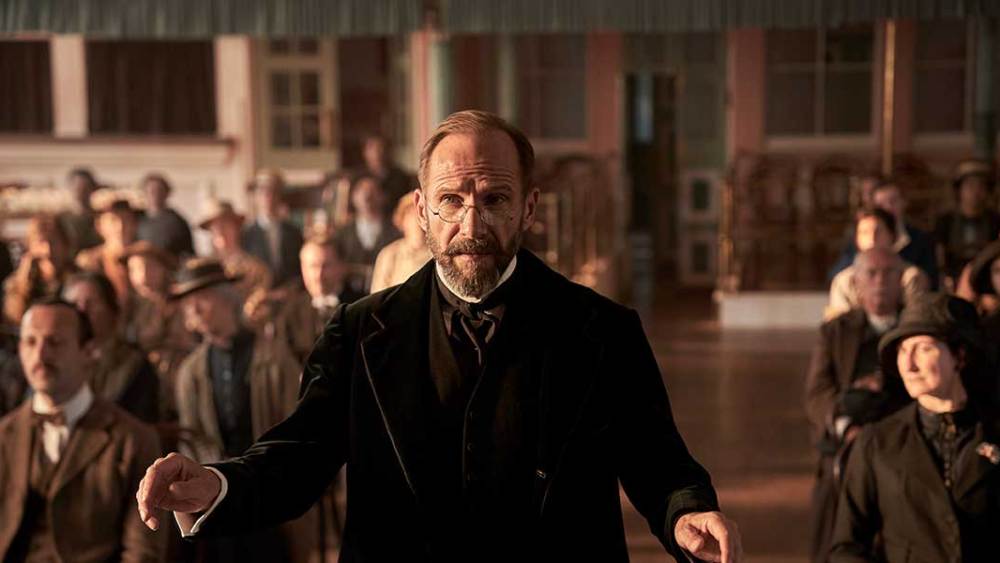
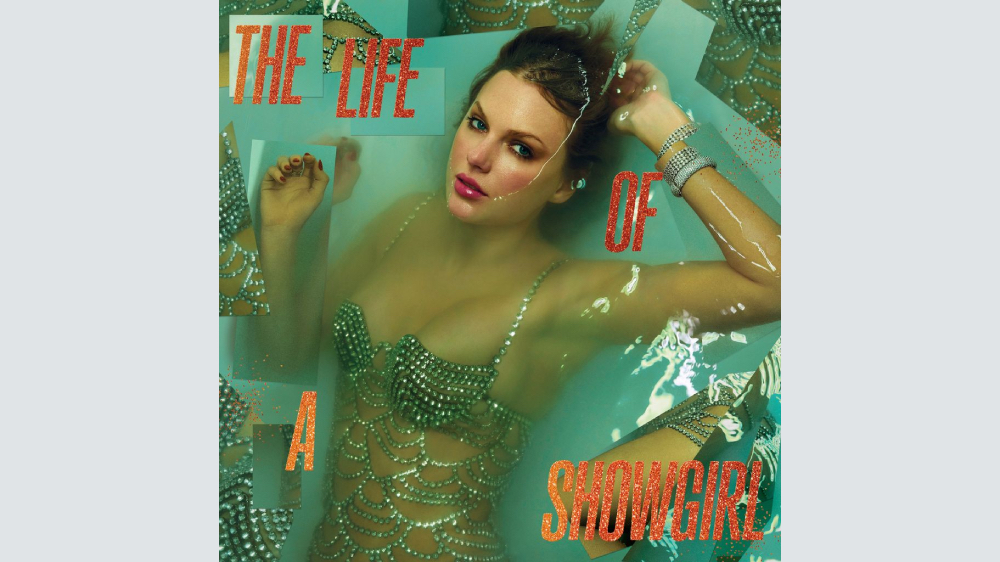


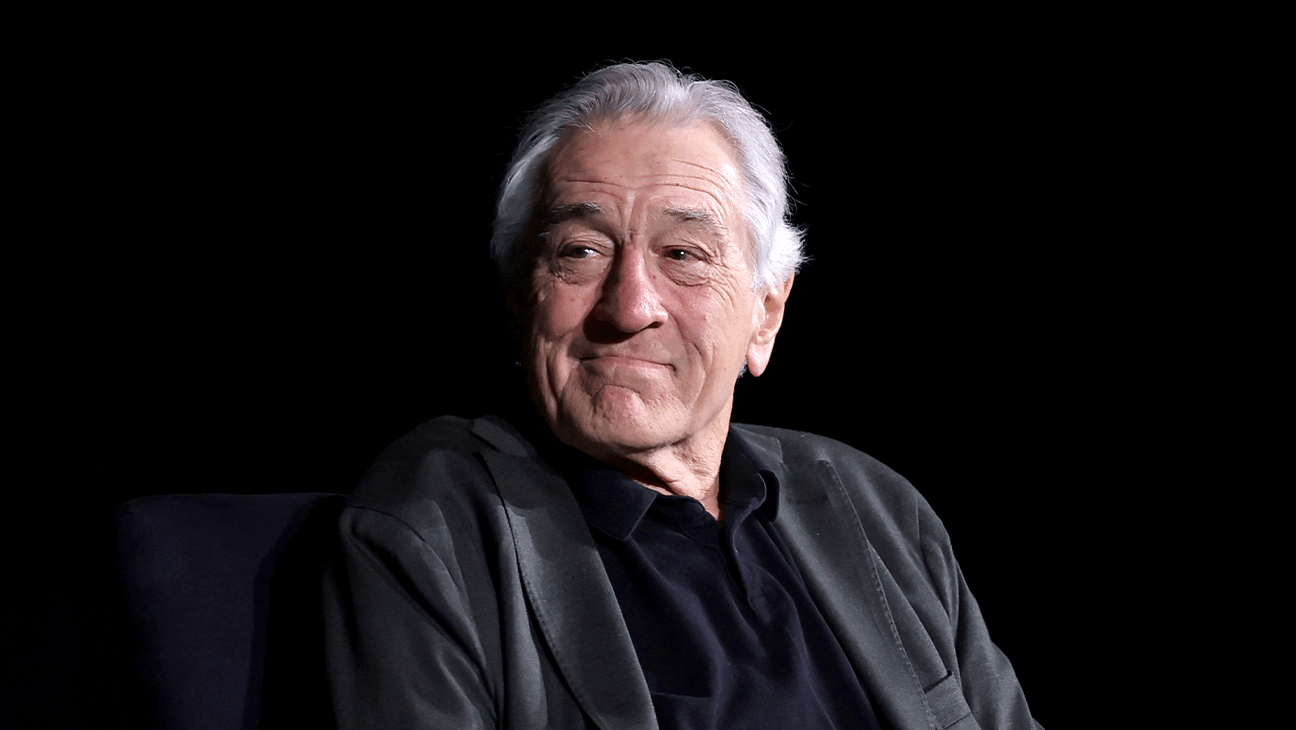
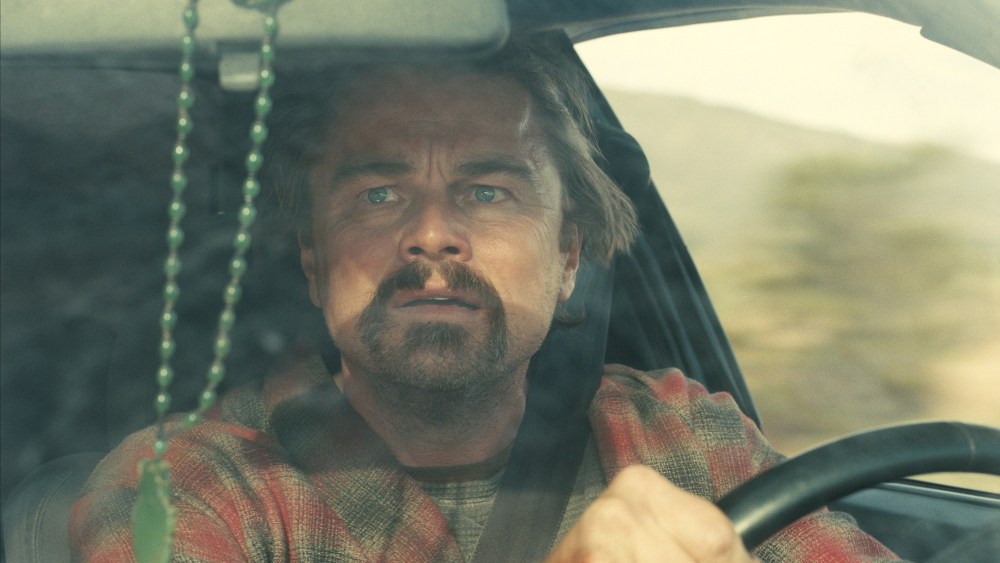
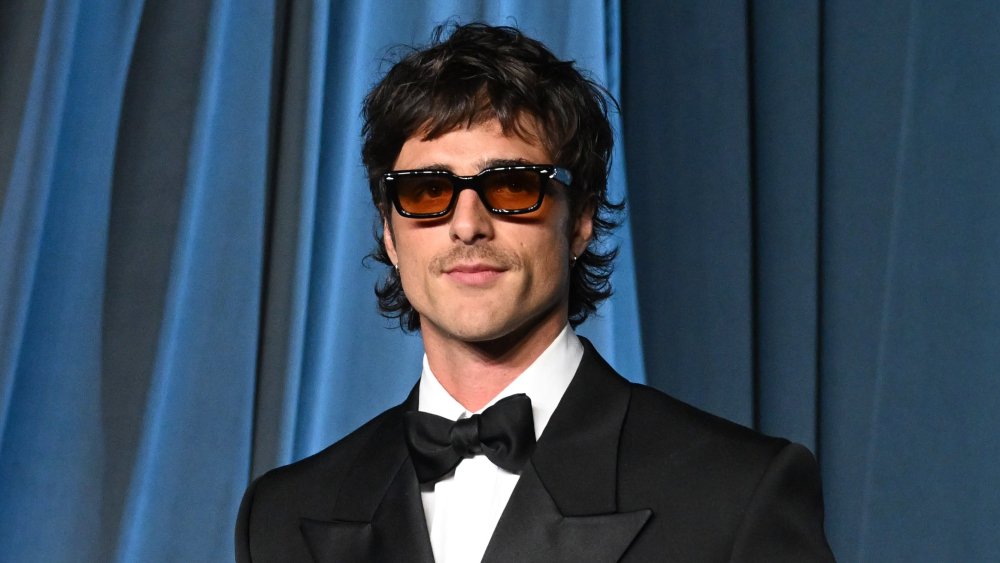
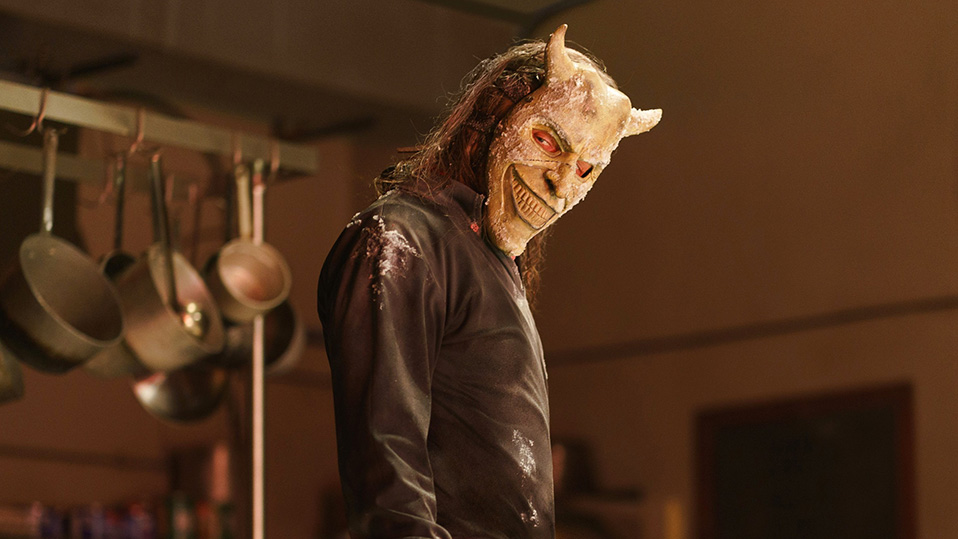
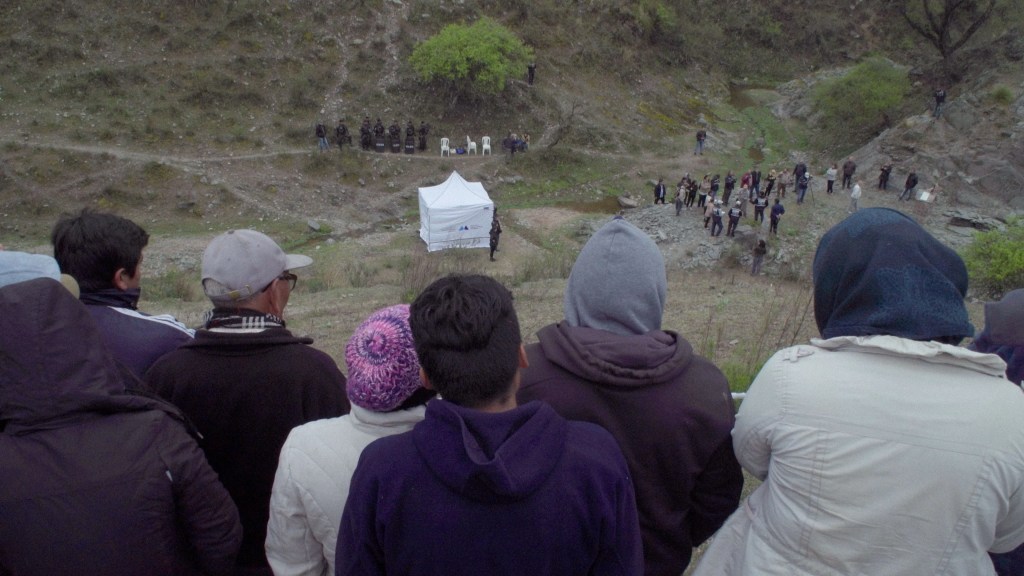
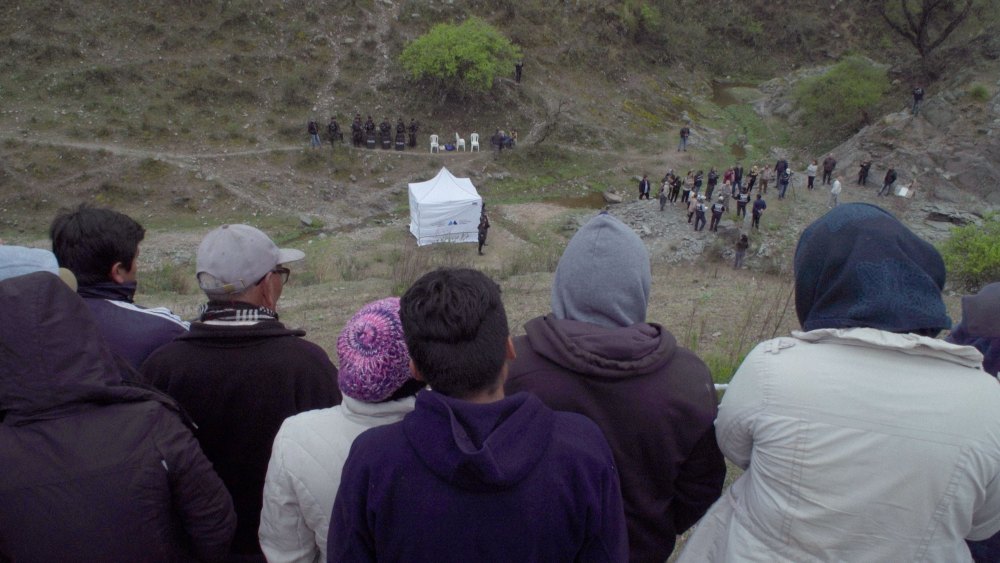
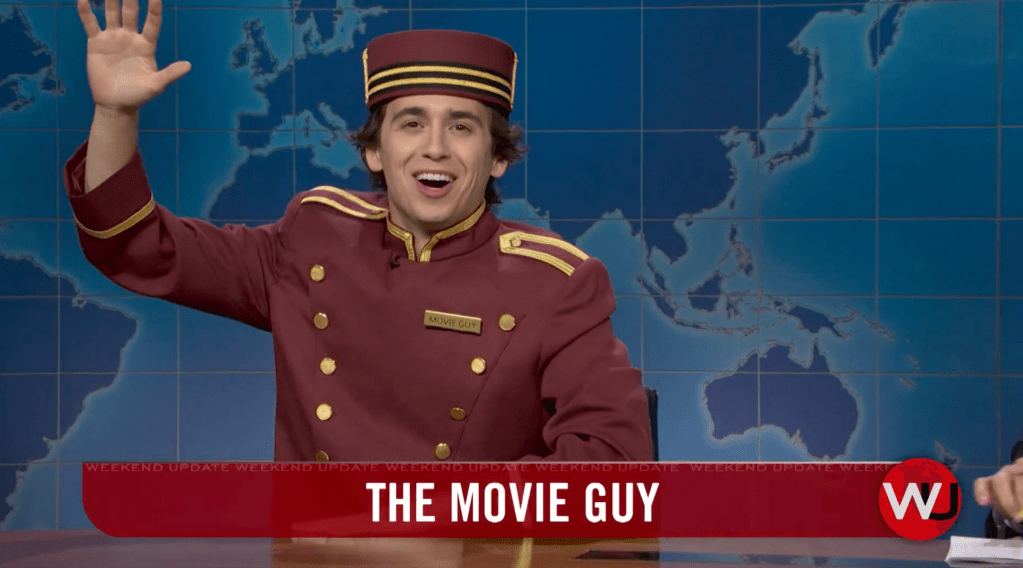




Leave a Reply